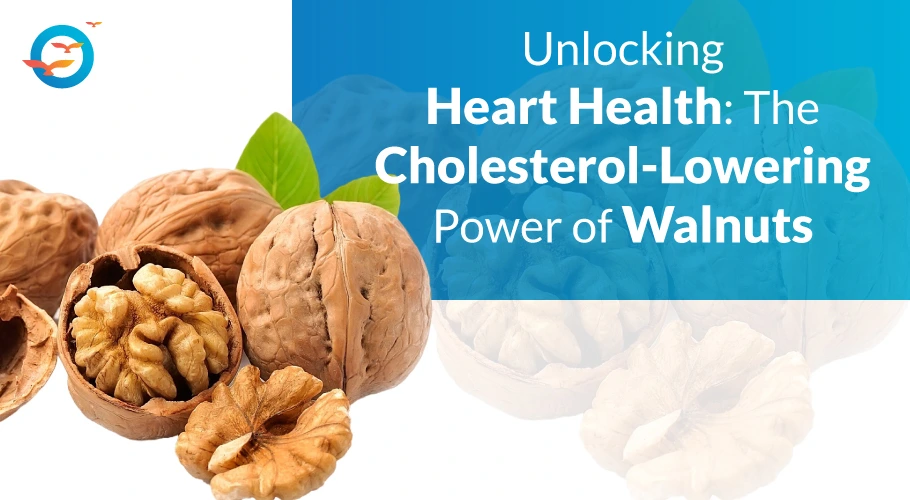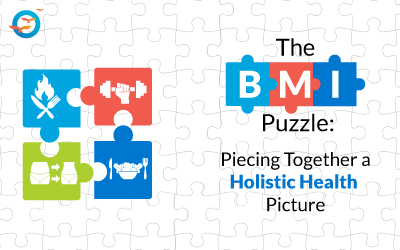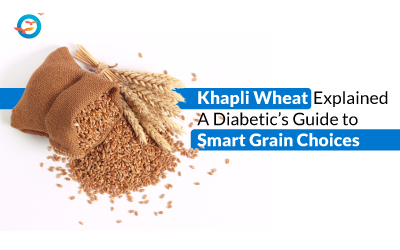How Walnuts Help Lower Cholesterol and Boost Heart Health?

Role of Walnuts in Managing Cholesterol Naturally
When it comes to heart health, cholesterol management is a crucial aspect. High cholesterol levels can lead to a variety of cardiovascular issues, including heart attacks and strokes. Among the numerous dietary strategies to manage cholesterol, incorporating walnuts into your diet stands out as a particularly effective and delicious option. Let's explore how walnuts can help you maintain healthy cholesterol levels and promote overall heart health.
Walnuts, prominently grown in Indian Himalayas from Kashmir, Himachal Pradesh, Uttarakhand, Arunachal Pradesh can be called as king of the nuts due to its power packed nutrients. Enclosed in tough shells they have wrinkled, crumbled brain like appearance. Walnuts are known for its distinct nutty flavour and slightly bitter after taste.
Nutritional Benefits of Walnuts for a Healthy Heart
Walnuts are not just a tasty snack; they are a nutritional powerhouse packed with beneficial nutrients like protein, Fats, carbohydrates, Fiber, Omega-3 Fatty Acids, Vitamins and Minerals. Walnuts are rich in vitamin E, magnesium, copper, and manganese.
We also need to understand about types of cholesterol. There are two main types of cholesterol:
What are the types of cholesterol?
1. LDL (Low-Density Lipoprotein):
Often called "bad" cholesterol. High levels can lead to plaque buildup in arteries, increasing risk of heart disease and stroke.
2. HDL (High-Density Lipoprotein):
Known as "good" cholesterol. It helps remove other forms of cholesterol from the bloodstream, potentially lowering risk of heart disease.
3. VLDL (Very Low-Density Lipoprotein):
Carries triglycerides in the blood and can contribute to plaque buildup.
4. Total Cholesterol:
The overall amount of cholesterol in your blood.
Do walnuts lower cholesterol?
Maintaining healthy cholesterol levels is vital for overall cardiovascular health. High cholesterol can lead to the buildup of plaque in the arteries, increasing the risk of heart disease, heart attacks, and strokes. By keeping cholesterol in check, you prevent the development of atherosclerosis, a condition where arteries harden and narrow, restricting blood flow.
This proactive approach helps ensure healthy blood vessels, reduces inflammation, and lowers the risk of chronic diseases. Ultimately, managing cholesterol contributes to a healthier, longer life with fewer health-related limitations and complications.
Several studies have highlighted the cholesterol-lowering benefits of walnuts. Here's how these nuts contribute to better cholesterol levels:
Benefits of Walnuts for Heart Health and Cholesterol
1. Rich in Unsaturated Fats:
Walnuts are high in polyunsaturated fats, particularly alpha-linolenic acid (ALA), an omega-3 fatty acid. These healthy fats help reduce low-density lipoprotein (LDL) cholesterol, often referred to as "bad" cholesterol, while maintaining or even increasing high-density lipoprotein (HDL) cholesterol, the "good" cholesterol.
2. Fiber Content:
The fiber in walnuts helps reduce cholesterol levels by binding to cholesterol in the digestive system, preventing its absorption into the bloodstream.
3. Antioxidants:
Walnuts are rich in antioxidants, including vitamin E and polyphenols, which help prevent the oxidation of LDL cholesterol. Oxidized LDL is more likely to form plaques in the arteries, leading to atherosclerosis.
4. Plant Sterols:
Walnuts contain plant sterols, compounds that are structurally similar to cholesterol. Plant sterols help block the absorption of dietary cholesterol in the intestines, thereby reducing overall cholesterol levels.
5. Anti-Inflammatory Properties:
Chronic inflammation is a key player in the development of heart disease. The anti-inflammatory properties of walnuts, attributed to their high antioxidant and omega-3 content, help reduce inflammation and improve heart health.
The Good vs. The Bad: Understanding HDL and LDL Cholesterol
High-density lipoprotein (HDL) and low-density lipoprotein (LDL) are commonly referred to as the "good" and "bad" cholesterol, respectively. HDL helps remove LDL from the bloodstream by transporting it to the liver for excretion, thereby reducing the risk of plaque buildup in the arteries.
As HDL levels increase, they can effectively lower LDL levels, contributing to improved cardiovascular health. This inverse relationship highlights the importance of maintaining high HDL levels through lifestyle choices such as regular exercise, a healthy diet rich in unsaturated fats, and avoiding smoking, which can collectively reduce LDL, the bad cholesterol, and promote overall heart health.
How many walnuts to eat per day?
Diabetics can have 2 walnuts or 4 halves in a day.
How to eat walnut?
Ensure you soak them in water for at least 2 hours before consuming them. Please throw the water away. Walnuts can be added to various preparations like salads, salad dressings, healthy desserts, etc.
While nutritious, walnuts are calorie-dense. Overconsumption could lead to weight gain. Individual factors: Some people may need to limit intake due to allergies or specific health conditions.
It's always best to consult with a healthcare provider or registered dietitian for personalized advice, especially if you have specific health concerns or dietary restrictions.
Enjoy having walnuts into your daily routine ..they are the nutty solution for your heart health
Read FAQ to know more:
-
How do walnuts lower cholesterol and improve heart health?
Walnuts are rich in omega-3 fatty acids, fiber, and antioxidants, which help reduce LDL (bad) cholesterol and improve overall cardiovascular health. -
How many walnuts should I eat daily to manage cholesterol?
Eating 7-10 walnuts (approximately 28 grams) daily is recommended to reap heart-health benefits without adding excessive calories. -
Are walnuts beneficial for reducing LDL cholesterol specifically?
Yes, studies show that walnuts can lower LDL cholesterol levels while maintaining or slightly improving HDL (good) cholesterol. -
Can walnuts be part of a vegan or plant-based diet for heart health?
Absolutely! Walnuts are a plant-based source of healthy fats and protein, making them a perfect addition to a heart-friendly vegan diet.

